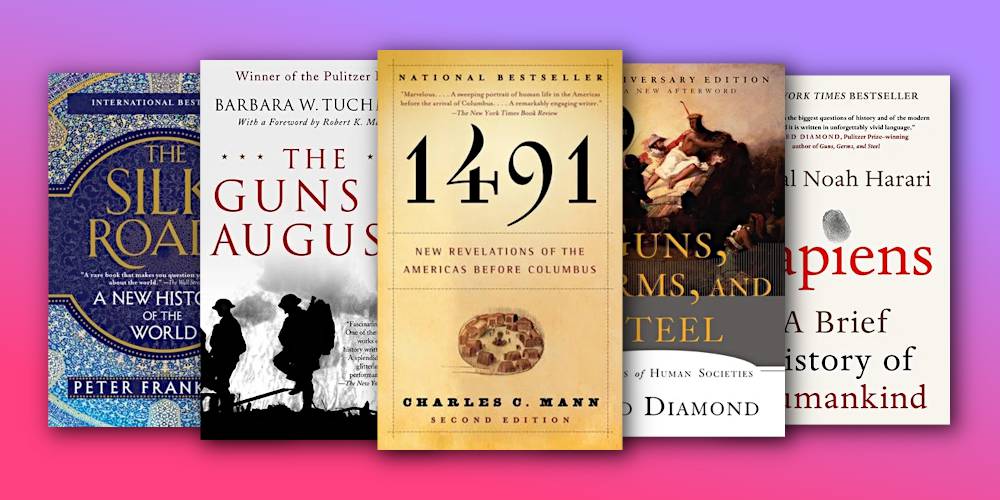History books are more than just learning materials. They're mirrors of a treasured past full of positive and negative events that show us how we got to where we are and what the future might bring.
Of course, history is far from simple. It's not just about what happened but also interpreting what happened. Two people may agree that something happened, but the context around that event and the meaning of that event may surely differ between them.
So, when it comes to understanding world history, it's just as important to know what happened as it is to trust the one who's telling you about it. As the saying goes, history is written by the victors.
Here are our favorite books that offer grounded looks into the most significant phases of world history, as well as the historical figures who made big impacts on the world. Their stories speak to every culture and nation, and we stand to learn a lot if we keep our minds open.
10. The Silk Roads: A New History of the World
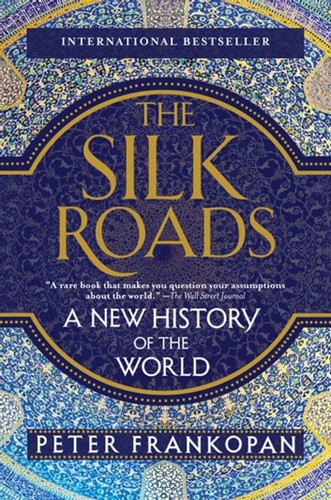
The Silk Road, which spanned from the Balkans all the way to East Asia, is one of the best-known trading routes in world history. By connecting the known world together, it influenced the spread of culture from one end to the other—and the effects are still felt today.
Peter Frankopan's book dissects the influence that the Silk Road had on the world's nations and civilizations. Frankopan also links the trade route to the life cycle of history's most powerful empires, plus the rise of Christianity and Islam in the West.
9. SPQR: A History of Ancient Rome
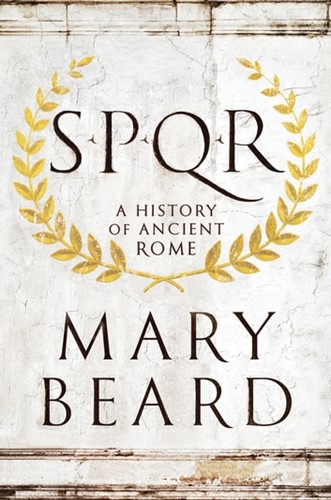
Ancient Rome has long been a fascinating subject, not just for history lovers but also for pop culture to borrow from. But if you want a truly grounded account of Ancient Rome, check out Mary Beard's fascinating nonfiction book SPQR.
In SPQR—which stands for "Senatus Populus Que Romanus" and means "the Senate and the People of Rome"—Beard gives an intimate account of the turbulent history of Rome, starting all the way back from its roots as an Iron Age civilization.
The book sheds intricate details on the lifestyle of the typical Roman citizen, building up to several of the most significant milestones in Roman history. More of a historical journal than an encyclopedia, SPQR offers a fresh and intimate portrait of empirical Rome.
8. Headstrong: 52 Women Who Changed Science—And the World
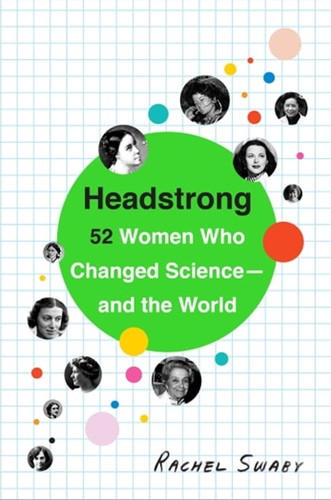
For most of recorded history, female scientists—and female minds in general—have been overlooked, brushed aside, neglected, and forgotten. Women have traditionally been looked down upon and impeded.
But Rachel Swaby's Headstrong aims to correct that mistake by highlighting the impact, the influence, and the true-to-life stories of some of history's brightest female scientists.
She doesn't just cover the famous one—like computer innovator Ada Lovelace or British chemist Dorothy Hodgkin—but lesser-known scientists as well. In doing so, Headstrong sheds light on the women geniuses behind some of the most important innovations of the century.
7. Set the World on Fire: Black Nationalist Women and the Global Struggle for Freedom
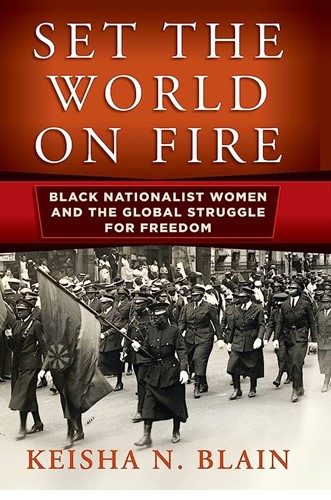
Here's another history book that recognizes lesser-known figures, except this time it's the women behind the black nationalist movement.
Set the World on Fire profiles three significant icons: Mittie Maude Lena Gordon (who rallied for emigration to West Africa), Celia Jane Allen (who gathered rural black workers in Jim Crow-plagued Mississippi), and Amy Jacques Garvey (who campaigned for the Greater Liberia Bill).
Their stories are just the tip of the iceberg when it comes to black nationalist activism, and historian Keisha N. Blain uses every resource to highlight their cause: equality and civility.
6. Grant
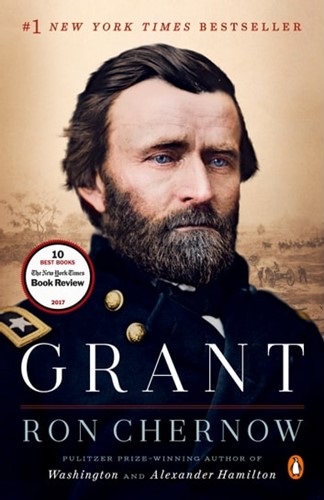
Ron Chernow is one of the most acclaimed names behind the most reliable biographies in bookstores. Did you know his book about Alexander Hamilton was the source for the blockbuster musical Hamilton? But equally great is his biography about Ulysses S. Grant.
Going against pop history, Grant debunks the caricatured legacy of the Civil War general, which was frequently linked to his drunkenness, misfortunes, and misunderstood heroism.
Instead, Chernow grounds Grant as a gallant man who weathered the worst chapters of his life and used them as milestones to support far greater causes during the Civil War. As far as biographies of heroes go, Grant paints the whole picture and paints it well.
5. The Guns of August
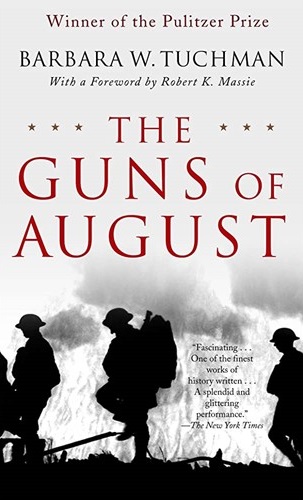
The movements and hostilities that led to the First World War were complicated, to say the least. This Pulitzer Prize-winning book summarizes the conflicts of 19th and 20th century Europe, connecting them to the first month of World War I.
In broadening the scope of which nations and empires were involved in the war, author Barbara W. Tuchman brings a full account and vivid description of the first thirty days of the war.
Her points lead back to her thesis: bad diplomacy is what led to WWI. While other historians dispute it, it's hard to deny the grandeur of Tuchman's attention to detail towards this era of history.
4. Sapiens: A Brief History of Humankind
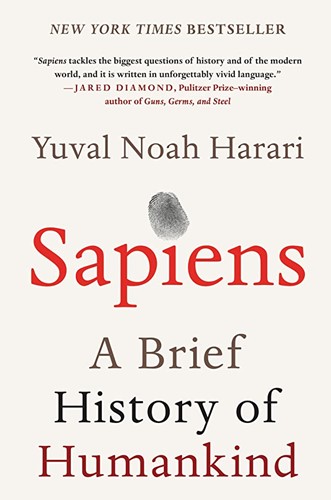
As far as we know, humans—Homo sapiens—have been around for about 300,000 years. Exploring everything that happened during that time will forever be a continuous search for the truth.
But historian and philosopher Yuval Noah Harari takes a different approach to decoding the history of humanity. In Sapiens, he bases his findings on anthropological reasoning and argues that man's constant progress is defined by man's constant exploration of ideas.
This is a more intellectual read than most of the other books on this list, as Harari relates the evolution of humanity to prominent events in world history and changes in the global ecosystem.
By integrating science, philosophy, and history, Sapiens strengthens the notion of humanity's biological authority while also asking the ultimate question: where do we go from here?
3. 1491: New Revelations of the Americas Before Columbus
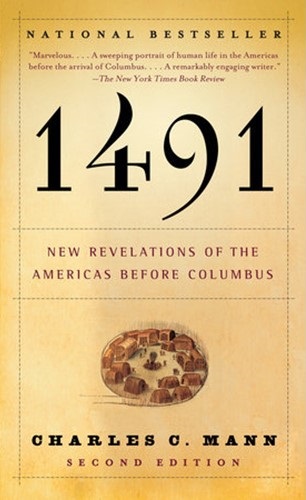
Picture the Americas before Christopher Columbus had set foot on the continent. For many, it's hard to imagine.
But Charles C. Mann's nonfiction book 1491: New Revelations of the Americas Before Columbus shows us the civilizations that thrived among the pre-Columbian Natives before colonialism took hold.
This is one of the best reads for a broader look at indigenous groups, courtesy of a more grounded approach to their cultures and interpretations of governance, science, and customs.
Charles C. Mann argues that Mesoamerican contributions are on the same level as those by Egyptian and Asian civilizations. An eye-opener towards early America, 1491 is a crucial piece of history.
2. The History of the Ancient World: From the Earliest Accounts to the Fall of Rome
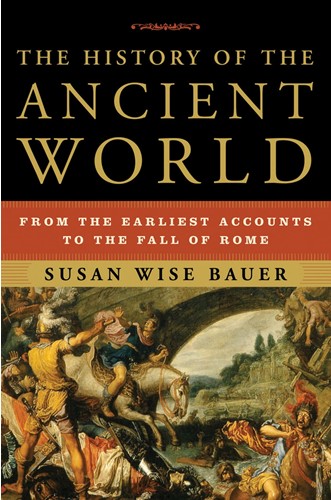
The title says it all when it comes to Susan Wise Bauer's groundbreaking book. It's a fascinating portrait of ancient history, particularly with its exploration of history's largest civilizations.
Bauer uses methods of "history from beneath"—like letters and literature—to expound the relationship between the rulers and the ruled. That angle determines the progress of several powerful civilizations, from Romans to Arabs, highlighting the origins of their customs and culture.
According to her, beneath the accomplishments of early societies is the more fundamental nature of human behavior, which is what truly brought history and civilization into motion.
1. Guns, Germs, and Steel: The Fates of Human Societies
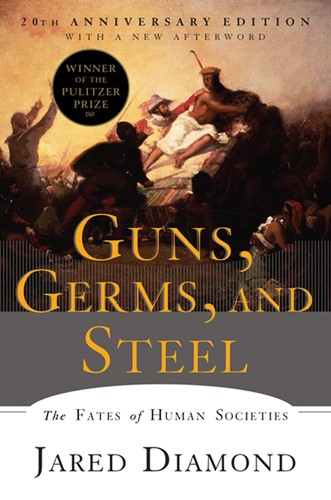
The books featured in this article mostly argue that human nature was behind the most significant changes in history and civilization.
But the Pulitzer Prize-winning Guns, Germs, and Steel reasons that environmental and geographical elements brought the most significant changes to historical events and civilized societies.
Applying his expertise in biology, author (and ornithologist) Jared Diamond contends that societal advances are partly caused by natural phenomena. Indeed, he asserts that nature itself serves as the basis for power play between civilizations and races.
While it's contentious, Guns, Germs, and Steel is hard to ignore over its findings, proving that history and science are not poles apart.
